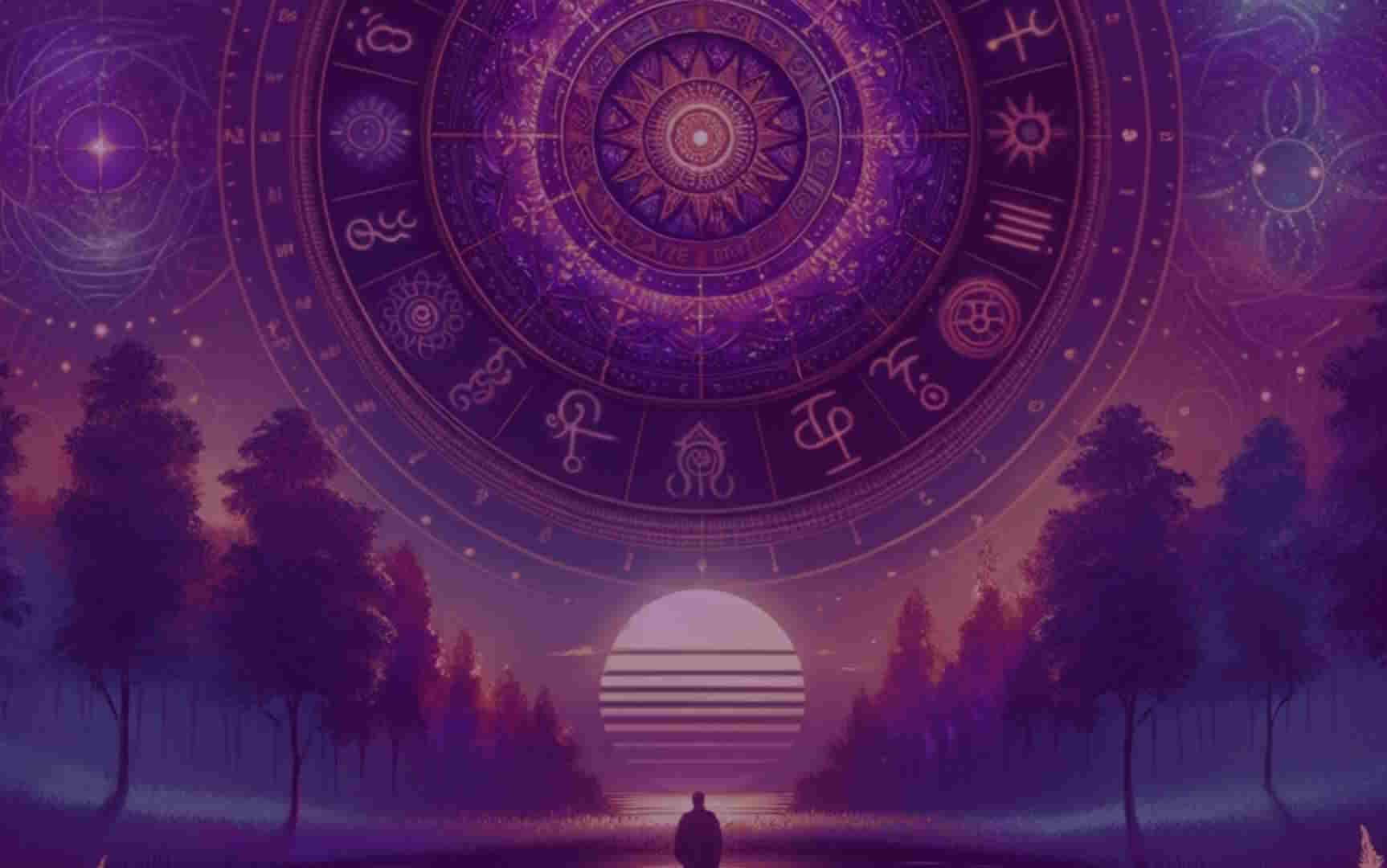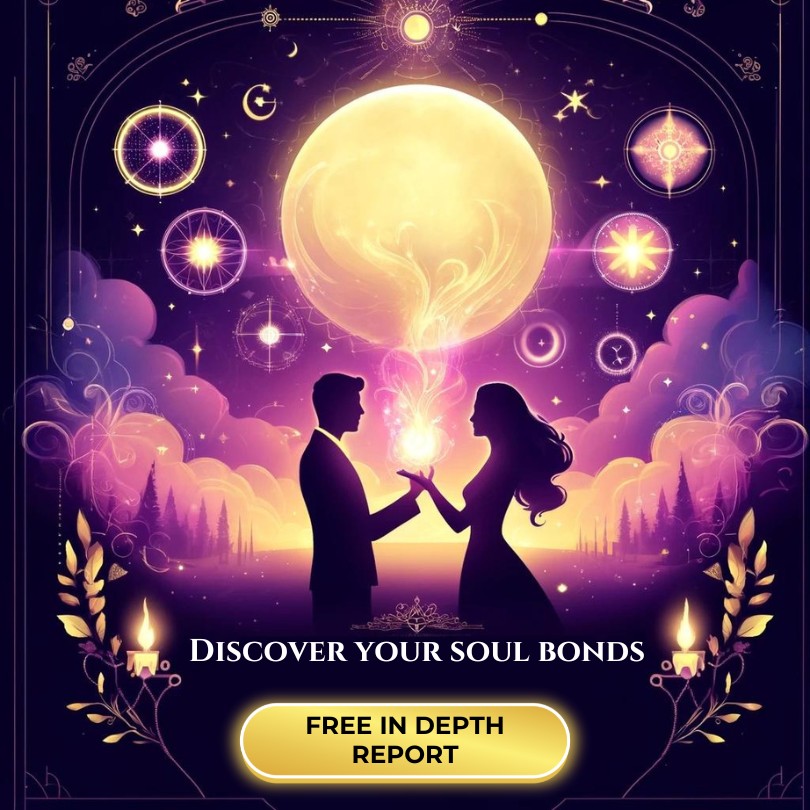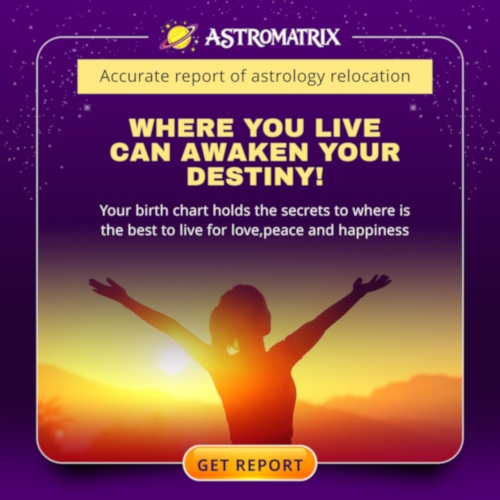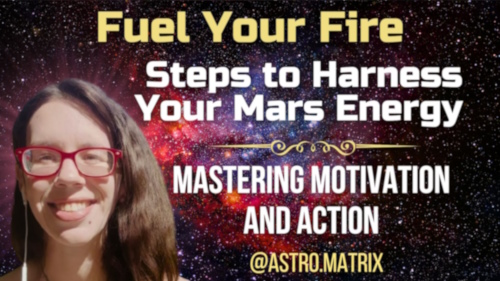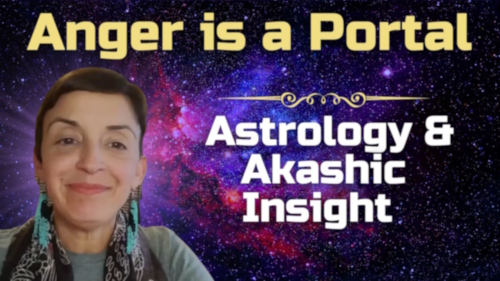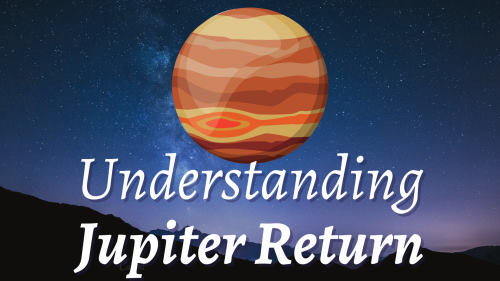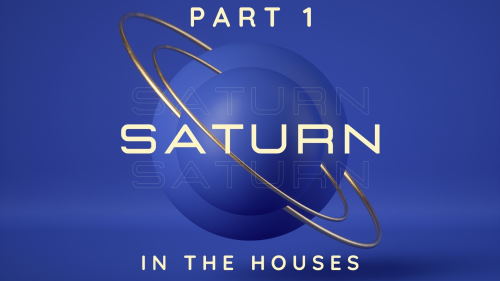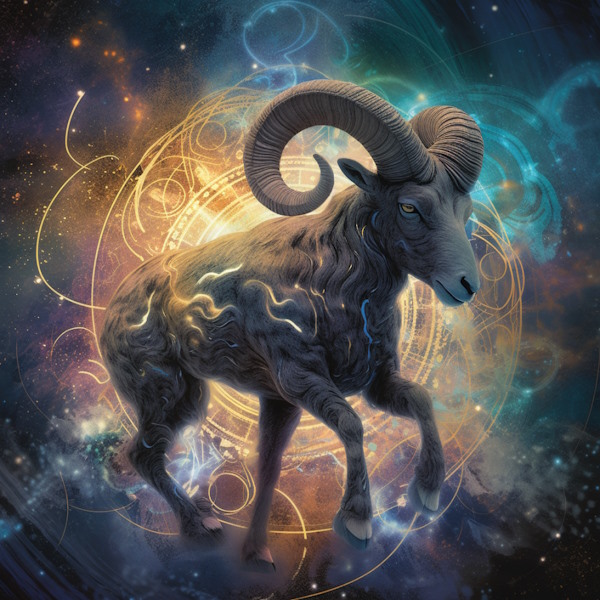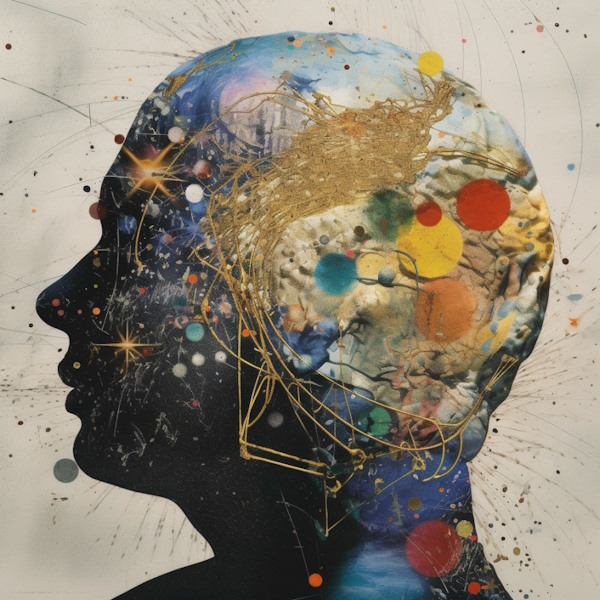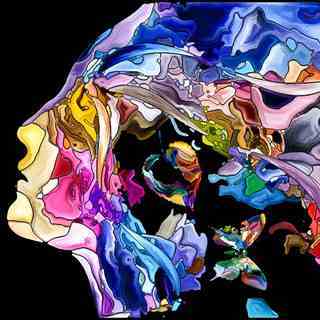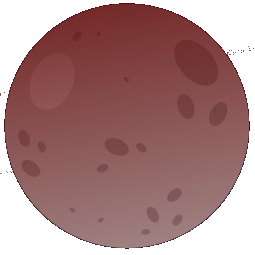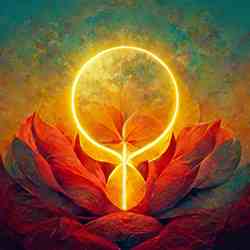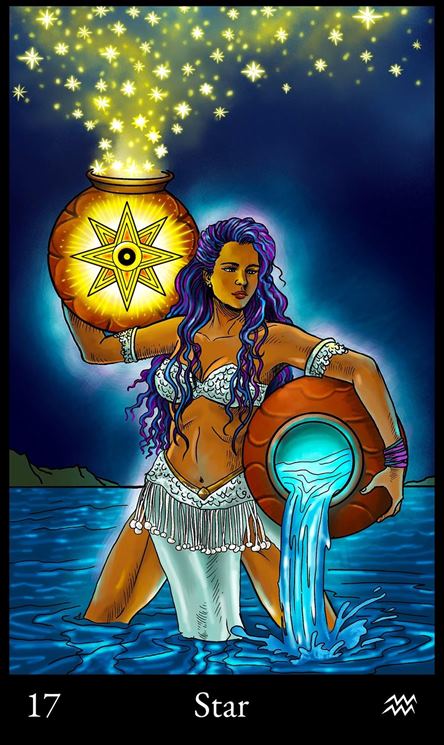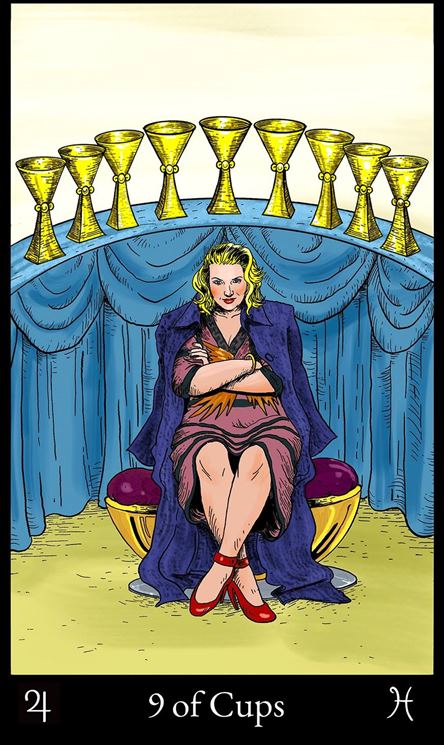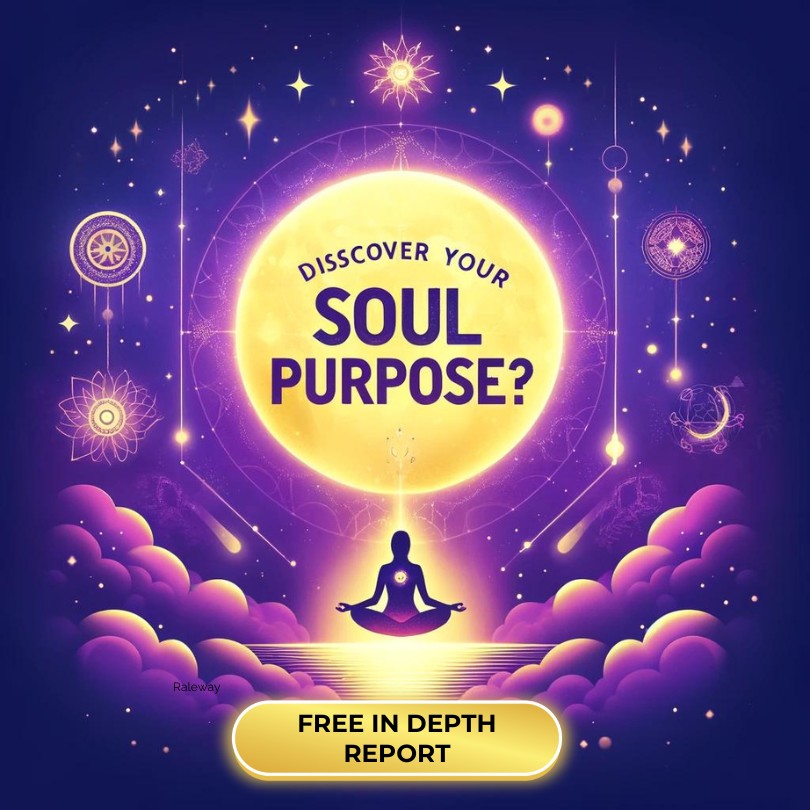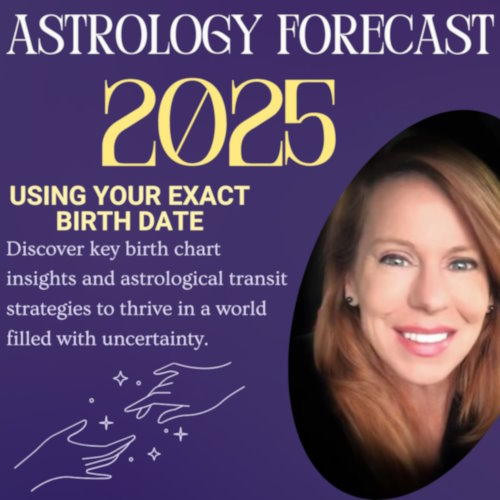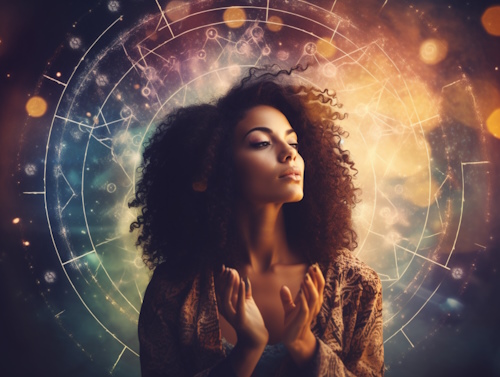Juno Opposition Chiron ~ Planet Aspects

"I am capable of transforming my past wounds into sources of strength, allowing me to navigate relationships with empathy and understanding."
- Exploring past wounds
- Embracing vulnerability and compassion
Juno Opposition Chiron Opportunities
- Recognizing and releasing limiting beliefs
- Embracing vulnerability in relationships
Juno Opposition Chiron Goals
Juno Aspects
Juno: The Covenant of Partnership
In the natal chart, Juno, named after the Roman goddess of marriage and commitment, signifies the nature of one's ideal partnership and the qualities one values in long-term commitments. It delves deeper than just romantic inclinations, revealing insights into how an individual perceives loyalty, what they expect in terms of fairness within a union, and their innate approach to contracts, be they marital or otherwise. Juno's position by sign can indicate the kind of partner one is drawn to or the style of partnership that resonates most deeply. For instance, Juno in Leo might seek a dramatic, passionate, and loyalty-driven relationship, while Juno in Gemini might prioritize intellectual rapport and communication.
Juno's Sacred Vows
Beyond sign placement, the house Juno occupies shows the arena of life where one seeks deep commitment and where themes of contractual bonds might play out. For instance, Juno in the 10th house might indicate a person whose commitment is closely tied to their career or public life, perhaps suggesting business partnerships or a marriage that holds significant public importance. Aspects to Juno, whether harmonious or challenging, reveal nuances in how one navigates long-term commitments. A square to Venus might suggest tensions in balancing personal desires with partnership obligations, while a trine to Mercury could point to a harmonious communicative bond with a partner. Juno's intricate dance in the natal chart sheds light on the sacred vows one is inclined to make and the nature of the unions one seeks.
Juno Opposition Chiron Meaning
As Juno opposes Chiron in your birth chart, you are confronted with the delicate dance between your need for deep emotional connection and your fear of being wounded in relationships. This aspect invites you to explore how your past wounds and insecurities may be influencing your current partnerships.
Instead of viewing this aspect in a deterministic manner, consider it as an opportunity for growth and healing. Reflect on the ways in which your past experiences have shaped your perceptions of love, commitment, and trust. How has this influenced your ability to form healthy and balanced relationships?
By delving into your emotional wounds, you can gain a deeper understanding of yourself and begin to release any limiting beliefs or patterns that may be hindering your connection with others. This aspect challenges you to embrace vulnerability and take a compassionate approach towards yourself and others.
As you navigate the complexities of relationships, remember that healing is a journey. By recognizing and acknowledging your past wounds, you can transform them into sources of strength and wisdom. How can you use your experiences to deepen your empathy and understanding of others?
Juno Opposition Chiron Keywords
For more information on your birth or transit aspects to discover your true potential, check out our captivating, interactive, and completely free love report. Learn how your empathetic nature shapes your interactions and enriches your relationships.
Our intuitive, user-friendly layout guides you through each aspect of your spiritual vision, making it effortless to pinpoint areas where you might need guidance in decision-making. By using your precise birth details, we ensure unmatched accuracy, delving deeper with the inclusion of nodes and select asteroids. Experience insights and revelations far beyond what typical reports and horoscopes offer.


